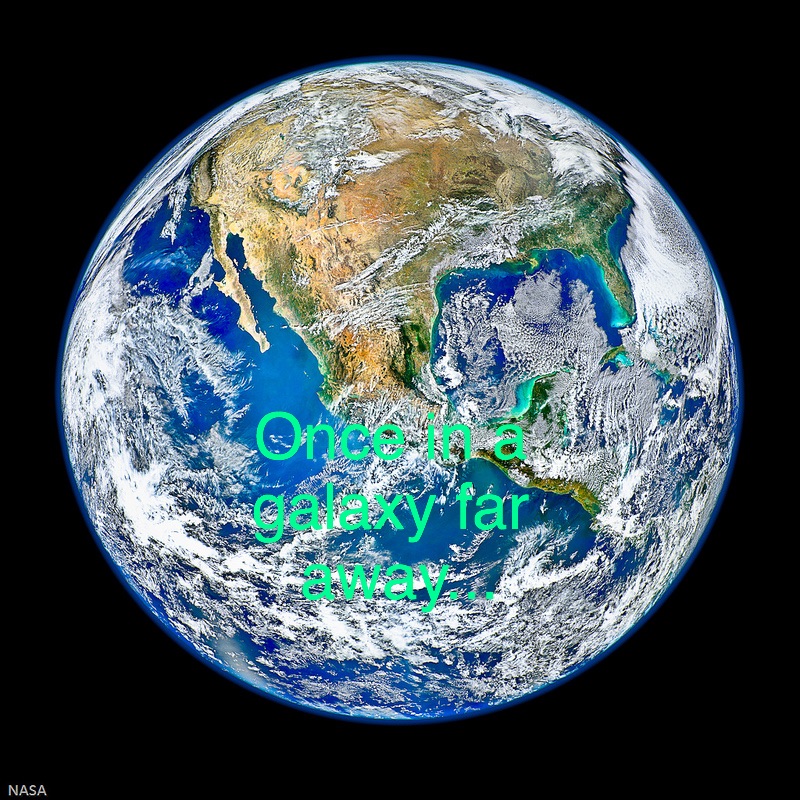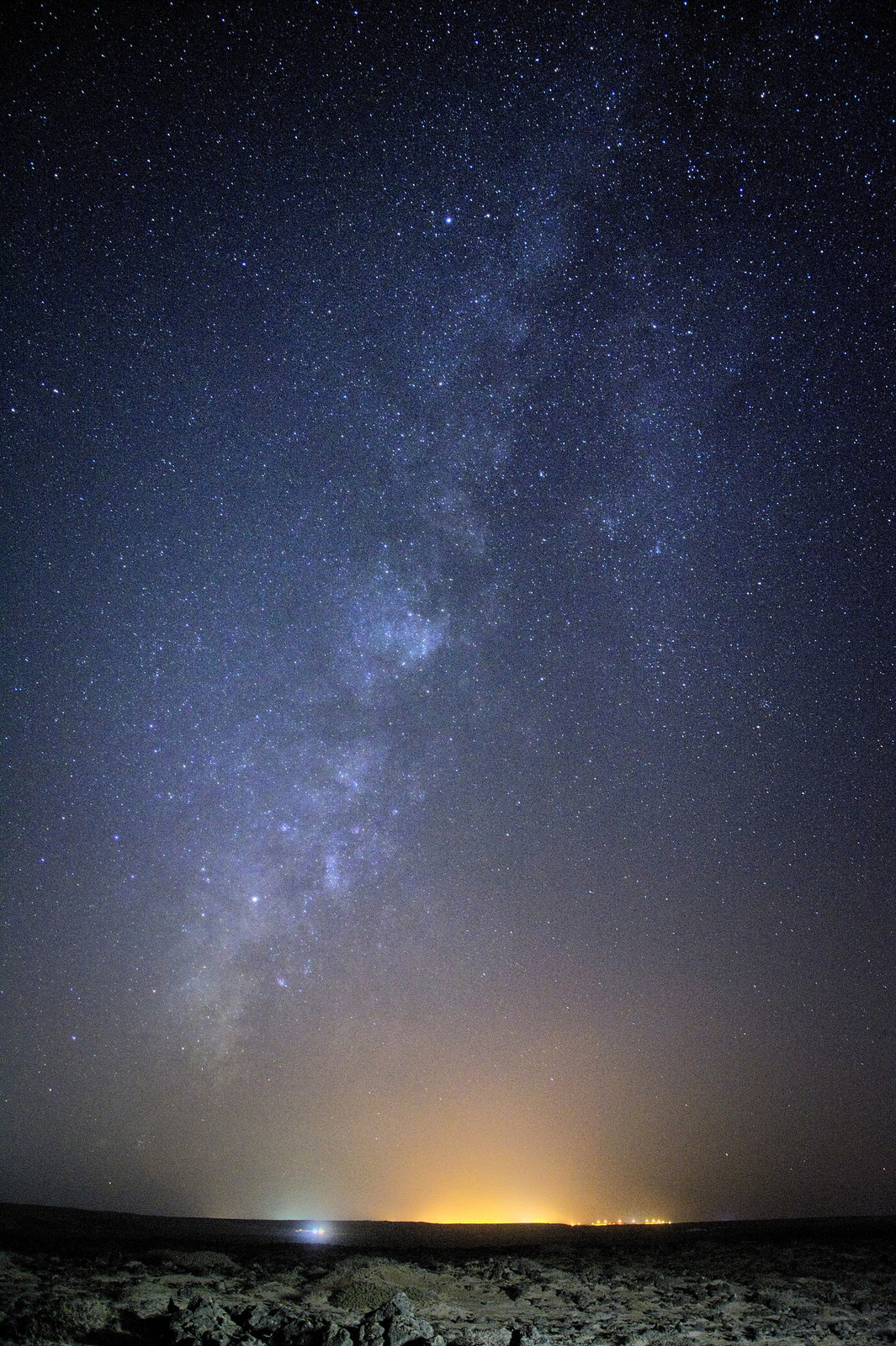The holiday season is upon us once again. More and more, I meet people who wish the season would just vanish, people who seek to escape by travelling or going to the beach or mountains. Others observe the trappings but ignore the deeper meanings. As our culture enters its twilight era, beliefs once common to the culture have broken apart, its citizens follow their individual paths and the common ground has become but a commercial enticement.
I, however, have loved this season since I was a child. For me, it has always represented family and home, light and music, and hope. As I have aged, I have turned more and more to the natural world’s representation of this hope, Winter Solstice. The eternal (eternal to us mortals, at least) pattern of the seasons, the flight of our Earth around our life-giving star we call the Sun. Long before Judaism, Christianity and other religions, humans celebrated the return of the sun and longer days, with ceremonies involving light and music.
This year, I have decided to post once a week during this season. Some stories and poems were written at another date, but are some of my favorites and still timely, others were written for this year. It is a bleak year in many ways, but hope is always there, if we only seek it. Goodwill can be found if we practice it ourselves.
I begin with the long view. We humans are but a speck in the Universe, we are not as important as we think we are. We may perish, by our own hands or astrological events, the Earth may even disappear with us, but there are many stars in the sky, many other suns with planets revolving around them, even many Universes perhaps. And life surely exists elsewhere in that vast expanse. We are but a blip on the time/space continuum. So I urge you not to see this post as negative but as representing the ultimate in hope and optimism. And I promise, later posts this month will represent hope and peace closer to home.
So…

After a long time, that life evolved into many different forms, called plants and animals. And those animals became more and more diverse, until one day a mammal called a human emerged. This human was one of the more intelligent animals on Earth and soon the humans dominated. They began to live together in mutual assistance. They hunted and gathered their food, then they began to grow it. They built dwellings in which to live. They not only lived, they watched themselves live. And with their intelligent, creative minds, they became scientists, historians, artists and musicians. They developed philosophies and religions.
With all of these pursuits, the humans made an imprint on the land. Cities were built. Beautiful castles and magnificent cathedrals were created. But cities created problems too. The dirt streets became filthy with sewage and disease was rampant. The humans solved these problems with ingenious designs. They developed sewer systems, water systems, they harnessed electricity for light and energy.
Humans even figured out ways to quickly travel long distances. But to do so, they extracted oil from the Earth. Then they invented solutions to deal with the dirty air that ensued. They paved roads to make travel easier. But this pavement increased the temperature, so the humans had to invent ways to deal with the increased heat. As the humans conquered disease and death from childbirth or accidents, their population increased, putting more pressure on the land and water of Earth. But the ever ingenious humans worked tirelessly to counter these effects.
Finally, however, the effects became too fast and frequent for the humans to keep up. They watched helplessly as their hard efforts had little result. Divisions grew among the people, wars broke out, and more and more, they were in despair. Some turned to religion, others just tried harder, more finally gave up, and a few planned their escape. But all was to no avail.
The sun burned brighter and hotter than ever. It blazed so hot that no human invention could cool the air. Day after day, the humans watched with increasing fear and despair. There was nothing more they could do. All work halted, children stopped playing, all simply stood and looked at the unearthly sky. The few climbed into their spaceship in a vain attempt to find another home elsewhere in the solar system.
Finally, one evening, it was clear the end was nigh. And the humans knelt to pray or embraced in despair. But just as the sun sent a large flare that would wipe out all surface life on Earth, the humans looked into the darkening sky and saw a star. A star they had never seen before. And then they knew. During their demise, despite the scorching of their beloved planet Earth, a new star had been born. A new star, soon to have its own planets. And one of those planets would have just the right temperature and elements to create new life. From that life would grow a new world. And hope would be renewed.
| Ring Out Wild Bells The flying cloud, the frosty light: The year is dying in the night; Ring out, wild bells, and let him die. Ring out the old, ring in the new, Ring, happy bells, across the snow; The year is going, let him go, Ring out the false, ring in the true. Ring out the grief that saps the mind For those that here we see no more; Ring out the feud of rich and poor, Ring in redress to all mankind. Ring out a slowly dying cause, And ancient forms of party strife; Ring in the nobler modes of life, With sweeter manners, purer laws. Ring out the want, the care, the sin, The faithless coldness of the times; Ring out, ring out my mournful rhymes But ring the fuller minstrel in. Ring out false pride in place and blood, The civic slander and the spite; Ring in the love of truth and right, Ring in the common love of good. Ring out old shapes of foul disease; Ring out the narrowing lust of gold; Ring out the thousand wars of old, Ring in the thousand years of peace. Ring in the valiant man and free, The larger heart, the kindlier hand; Ring out the darkness of the land, Ring in the Christ that is to be. Alfred Lord Tennyson. 1850 | I Heard the Bells on Christmas Day I heard the bells on Christmas Day Their old, familiar carols play, And wild and sweet The words repeat Of peace on earth, good-will to men! And thought how, as the day had come, The belfries of all Christendom Had rolled along The unbroken song Of peace on earth, good-will to men! Till ringing, singing on its way, The world revolved from night to day, A voice, a chime, A chant sublime Of peace on earth, good-will to men! Then from each black, accursed mouth The cannon thundered in the South, And with the sound The carols drowned Of peace on earth, good-will to men! It was as if an earthquake rent The hearth-stones of a continent, And made forlorn The households born Of peace on earth, good-will to men! And in despair I bowed my head; "There is no peace on earth," I said; "For hate is strong, And mocks the song Of peace on earth, good-will to men!" Then pealed the bells more loud and deep: "God is not dead, nor doth He sleep; The Wrong shall fail, The Right prevail, With peace on earth, good-will to men." Henry Longfellow 1864 |
